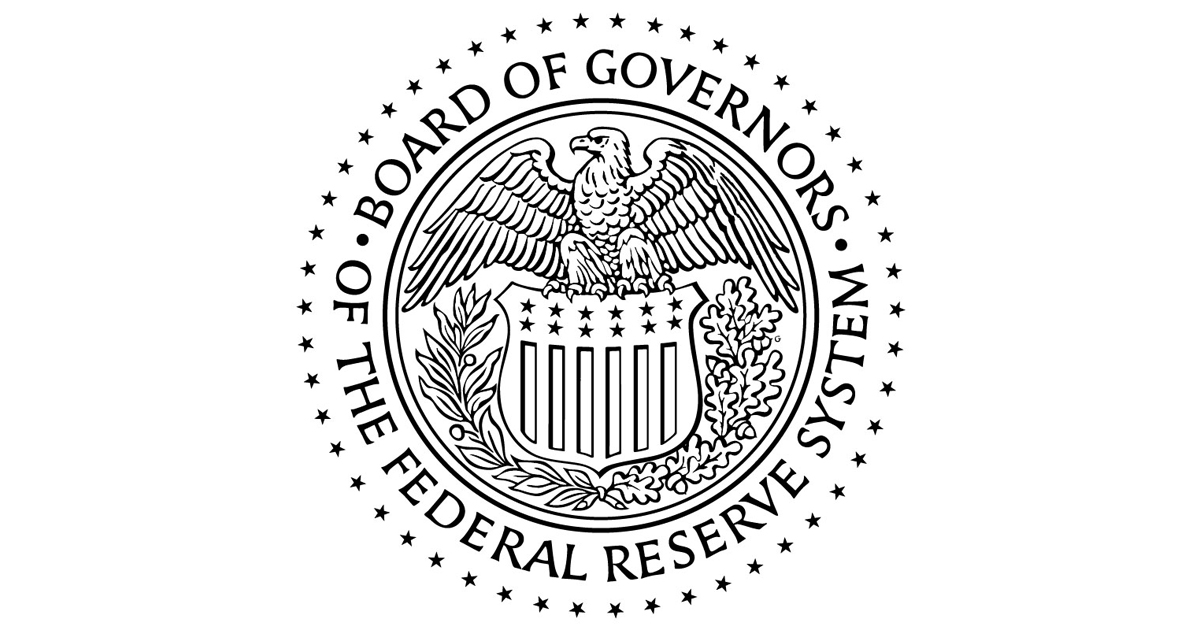Opinion piece, take it fwiw and dyodd.
A Chinese-style social credit system is coming to America
The ease with which personal banking is conducted in the modern West would surely cause some envy to our mattress-stuffing ancestors. Cashpoint machines abound, plastic is easy to carry, and, most comforting, one’s money is backed by the full faith and credit of the government. Importantly, unless one fundamentally transgresses the legal order, we can be sure our capital is always at a moment’s access.
Put another way, except in cases usually pertaining to national security, banks are rather indifferent to a client’s private life. The good, the bad, and the ugly are all welcome provided they have the right decimal count. And so, it pains me to report that in America, a peculiar phenomenon dubbed “de-banking” is beginning to occur with increasing visibility.
“De-banking” (or “de-risking”) is what it sounds like. A bank will, for legal, liability, or reputational risk, terminate – with notice – an individual account. Normally, this does not grab our attention. Criminal organizations and terrorists, we all agree, should be frozen out. And, of course, banks may choose with whom to conduct business.
More:




